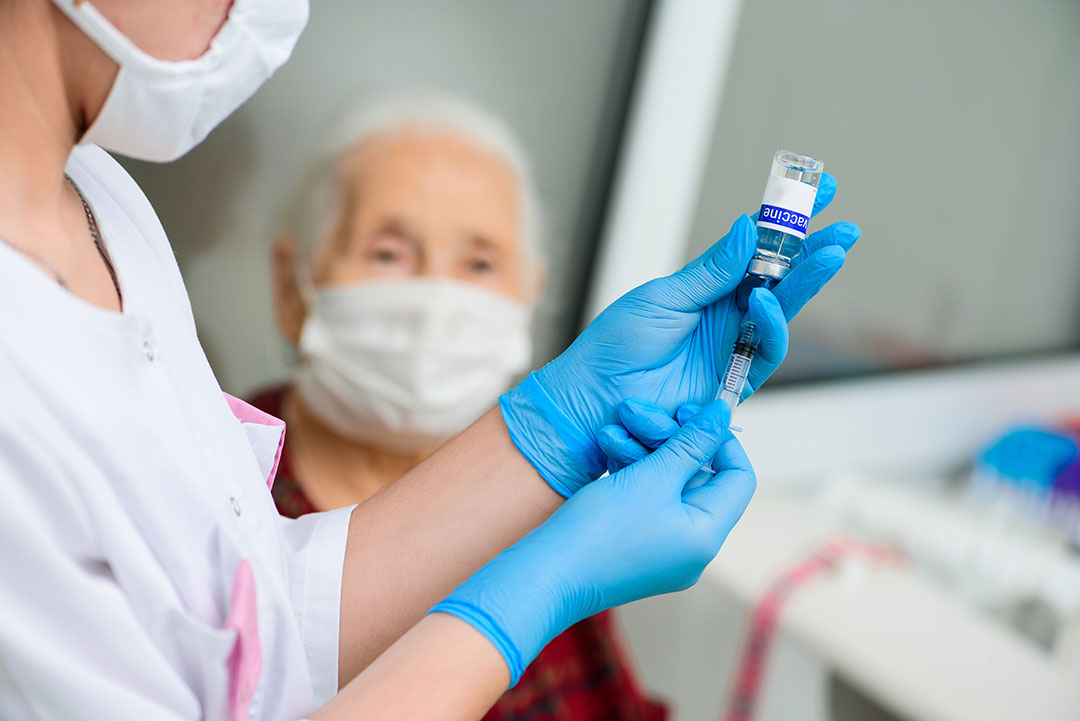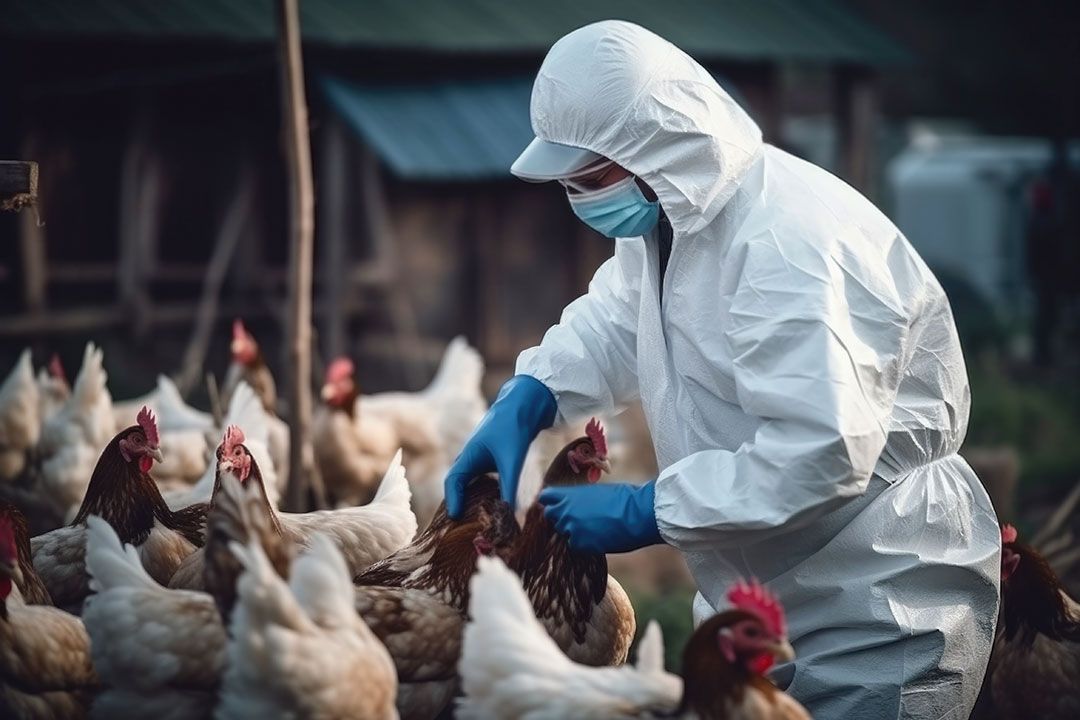Vaccines provide extra protection to those previously infected with COVID-19
Studies confirm importance of COVID-19 vaccination for people who have recovered from infection.
- 4 April 2022
- 4 min read
- by Linda Geddes

People who have already had COVID-19 may wonder if there’s any point in getting vaccinated against the disease, as they’re likely to have some “natural immunity” to the disease. Some scientists have also proposed giving just one vaccine dose to such individuals, based on observations that they mount a greater antibody response compared to people who have never had COVID-19.
These studies provide important data on vaccine effectiveness in people who have recovered from infection, and emphasise the importance of receiving both doses – particularly for individuals in high-risk groups.
However, two new studies have suggested that vaccination provides a significant extra layer of protection against reinfection – particularly against severe disease – and that a second dose increases this even further.
The research, published in The Lancet Infectious Diseases, emphasises the importance of everyone taking up the offer of getting vaccinated against COVID-19 when they have the opportunity.
What did the research do?
The first study used Brazilian government data to examine the effectiveness of four vaccines – those manufactured by Sinovac, AstraZeneca, Janssen, and Pfizer – at preventing reinfection in 22,566 individuals with previously confirmed SARS-CoV-2 infections.
The second study used data from more than two million people in Swedish national infection and vaccination databases to examine the level of protection conferred by previous COVID-19 infection, and whether vaccination increased immunity. Those who were vaccinated received either the AstraZeneca, Pfizer, or Moderna vaccines.
What did they find?
The Brazilian study found that all four vaccines were effective against symptomatic reinfections, suggesting that such “hybrid immunity” provides additional protection against catching COVID-19 again, compared to natural immunity alone.
Two doses of Sinovac’s vaccine prevented 39.4% of reinfections; AstraZeneca’s vaccine prevented 56%, while two doses of the Pfizer vaccine stopped 65%. Janssen’s single-dose vaccine prevented 44% of reinfections.
The vaccines were even more effective at preventing reinfections leading to hospitalisation or death – and two doses were better than one. The Sinovac vaccine was 35.3% effective after one dose, and 81.3% effective after two doses; Pfizer’s first dose was 61.8% effective, and the second dose 89.7% effective; while AstraZeneca’s vaccine was 56.9% effective after a first dose, and 89.9% effective after a second. The single-dose Janssen vaccine was 57.7% effective against reinfections leading to hospitalisation or death.
The Swedish study shed further light on the extent of protection against reinfection after recovery from COVID-19. Three months later, those with natural immunity had a 95% lower risk of catching COVID-19 again, and an 87% lower risk of hospitalisation if they become reinfected for up to 20 months.
Have you read?
However, vaccination added a further layer of protection on top of this: One vaccine dose was associated with a 58% lower risk of reinfection, while two doses were associated with a 66% lower risk of infection, with no significant fall in protection for up to nine months.
“Protection from previous infection was weaker in individuals aged 65 years and older, suggesting that vaccination might be particularly important in some high-risk populations,” wrote Dr Jennifer Juno at the University of Melbourne, Australia, in a related commentary. “This is probably particularly true for protection against Omicron, in which a third vaccine dose is key to eliciting cross-reactive neutralising antibodies.
“On balance, these data clearly show the benefits of two-dose vaccination for convalescent individuals, both in terms of the durability of immunity and protection from severe disease.”
What are the implications?
These studies provide important data on vaccine effectiveness in people who have recovered from infection, and emphasise the importance of receiving both doses – particularly for individuals in high-risk groups.
Commenting on the Brazilian study, Dr Pramod Kumar Garg at the Translational Health Science and Technology Institute in India wrote: “The results of [this] study and other recent studies challenge the concept of population-level herd immunity through natural infection alone against SARS-CoV-2 and suggest that vaccinating individuals who were previously infected provides further protection, particularly against severe disease.
“These data should help guide policy decisions and mitigate vaccine hesitancy among people who had SARS-CoV-2 infection.”









